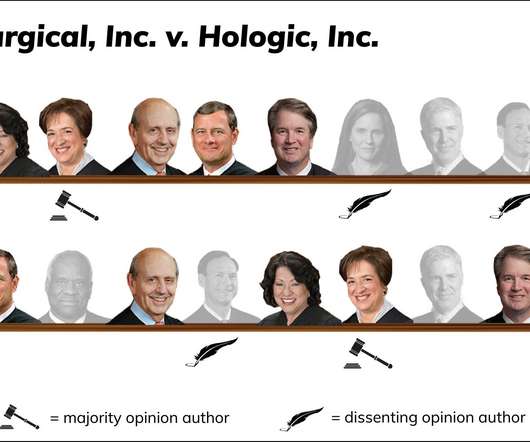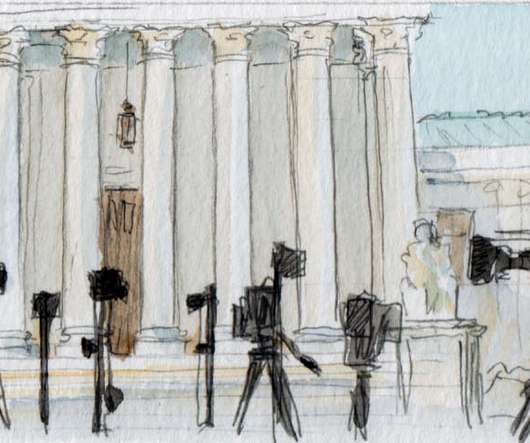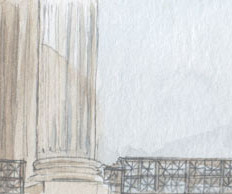Justices uphold a narrow version of patent assignor estoppel
SCOTUSBlog
JULY 1, 2021
Share The Supreme Court on Tuesday narrowed the doctrine of patent assignor estoppel, which prohibits an inventor from assigning a patent to someone and then later contending in litigation that the patent is invalid. By a vote of 5-4, the court rejected calls to completely abandon the doctrine. Formica Insulation Co. ,














Let's personalize your content